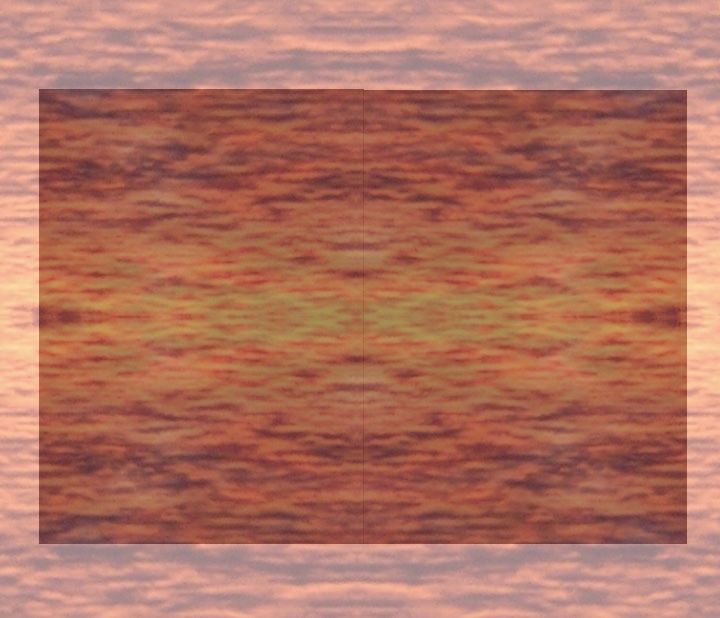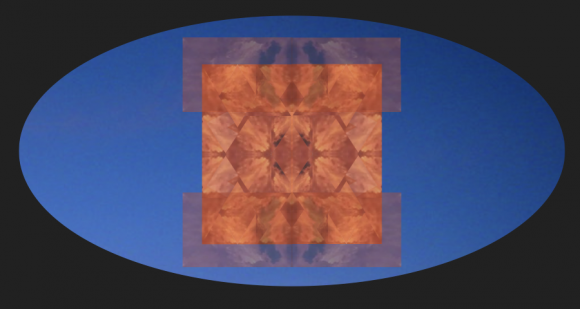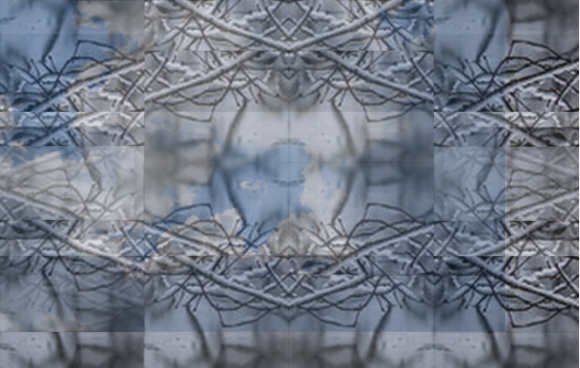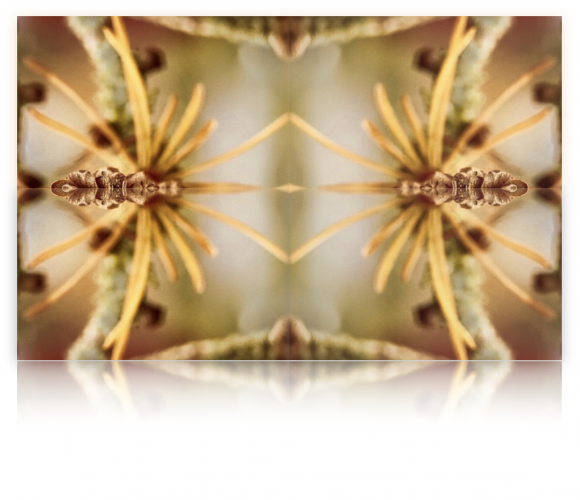Every question for which we have found an answer does also reveal, at the same time, some uncertain aspects — aspects that aren’t just unanswered yet, but somehow seem all the more difficult to figure out now since we know what we’ve learned. Questions, in a word, lead to answers which in turn always seem to lead to more questions.

When we look at this fact of life from the perspective of archetypal psychology, we might describe it this way: whatever drives us to find answers to the questions we’re interested in (what animates us to seek knowledge and understanding) is coming from the Anima archetype, and is thus double-sided: it moves us towards the unknown as well.
She [the Anima] mystifies, produces sphinx-like riddles, prefers the cryptic and occult where she can remain hidden: she insists upon uncertainty. By leading whatever is known from off its solid footing, she carries every question into deeper waters, which is also a way of soul-making.
Hillman, Anima, 135.
Acknowledging the unknown in the midst of what we might have learned about a given question is not easy, of course: in fact, it is considered a Shadow aspect of those who want to appear knowledgeable that they try to hide their confusion and mystification. A more integrated individual is aware of that Shadow side and continuously addresses it, thereby bringing out the unknown and uncertain side of whatever they have to say, too. And by doing that, such an individual would enrich our ideas (which process, following Hillman, is generally identified by the term, soul-making).
So the role of the Anima here is that of mediating the unknown:
[…] before we can become conscious we must be able to know that we are unconscious, and where, when, and to what extent. Soul-making in this context becomes nothing more grandiose than the rather humiliating recognition of the anima archetype. It is first of all a “perception of differences” among her endless guiles and guises […]
Hillman, Anima, 137.
This is why this is such a central (though perhaps empirically not too frequent) stage in the Jungian progression, his theory of the individuation process. (Hillman obscures that by a rather unfortunate choice of words when he says that “soul-making precedes self-individuating”: the kind of soul-making that is recognition of the mystifying effects of the Anima is not a preceding step, but an integral stage of the whole dynamic; and since the dynamic is continuously going on, it also has to be an ongoing activity of the individual engaged in it, just as the engagement with the Shadow or the continuous adaptation that forms the Persona.)



